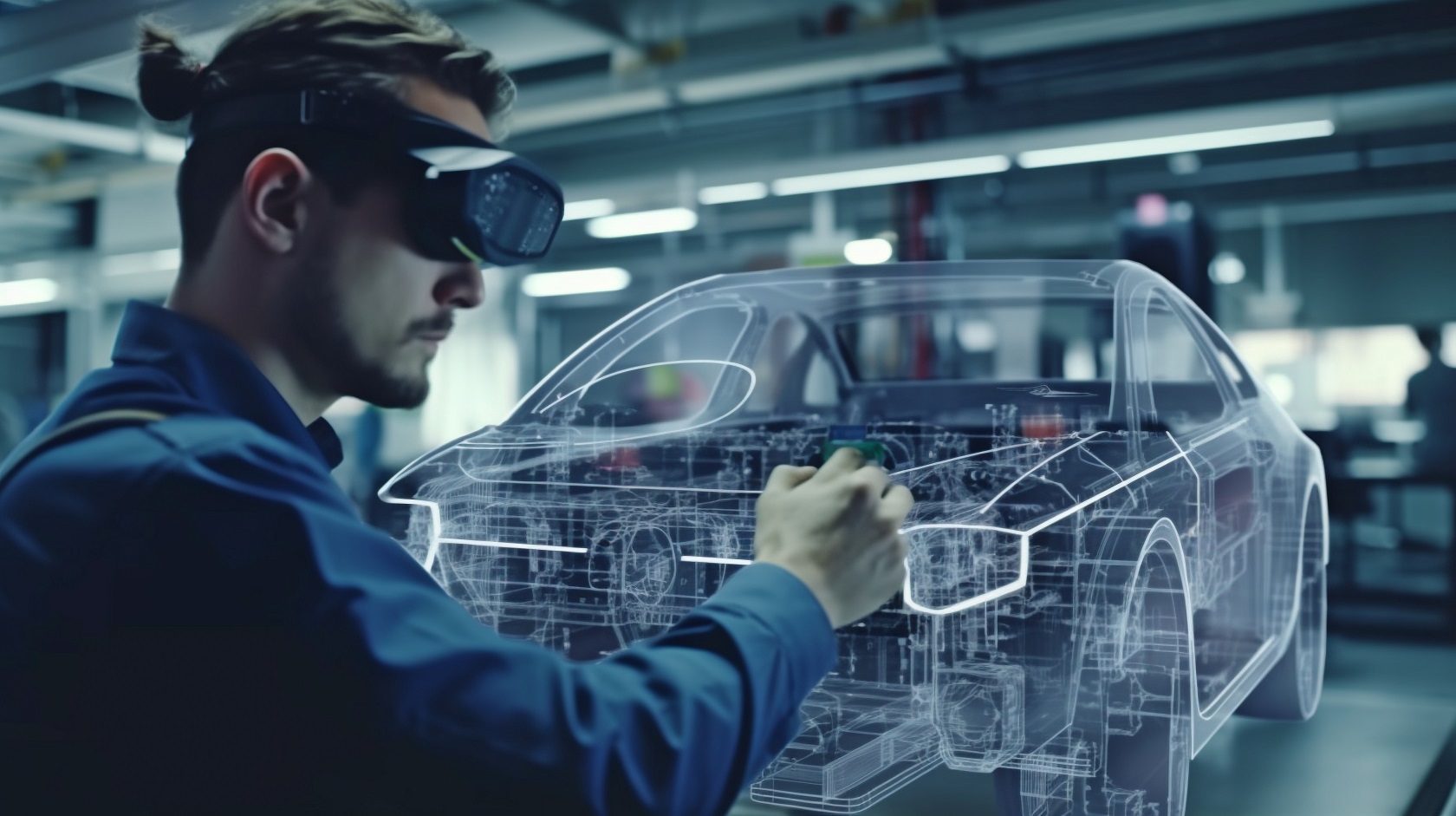

One of the advantages of 3D printing is its ability to produce prototypes rapidly, keeping workflows in constant motion and avoiding costly pauses in the manufacturing line.
We have key factors that help drive this paradigm shift in the automotive industry:
Challenges in automotive spare parts management
Efficient spare parts management has always been a challenge for the automotive industry. Maintaining extensive inventories not only entails high storage costs, but also the risk of product obsolescence. 3D printing presents itself as the answer to these challenges, enabling the manufacture of parts on demand.
On-demand production
The ability to print specific parts when they are needed represents a paradigm shift in parts production. Reducing costs and improving efficiency in the automotive supply chain.
Tailor-made customisation
Each part can be tailored exactly to the needs of the vehicle or end user, opening the door to highly specialised solutions, and allowing customisation.
Reduced warehousing costs
By not having to keep warehouses with spare parts, we contribute significantly to the reduction of these costs, and this has a positive impact on the end consumer with more competitive prices.
Ultimately, 3D printing is revolutionising the automotive sector by transforming manufacturing methods, the concept of production and the freedom of design. As this technology evolves, its impact on the automotive industry will continue to expand, leading to more advanced vehicles tailored to consumers' needs, and in turn, paving the way for a more sustainable and efficient future for mobility.


